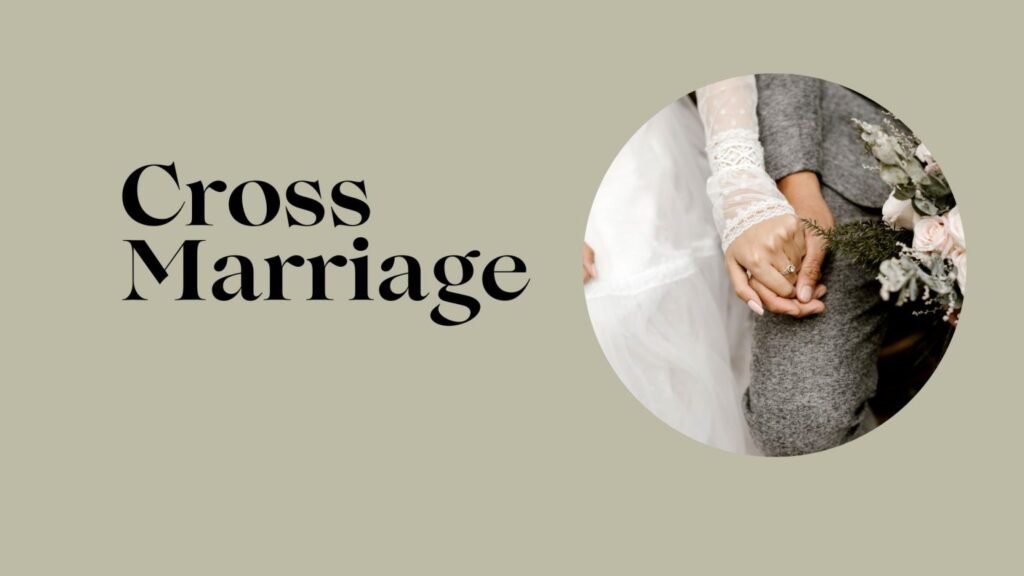Cross Marriage: Special Marriage Act, 1872
Fact
A boy and a girl have been in love for a long time. They have now made the decision to wed. However, they belonged to different religions; the boys were Muslims and the girls were Hindus. They do not wish to get married, according to their family. They are adults who have already left their parents’ homes. Since they practice two different religions, can they get married? Whether they are permitted to practice their own religion after marriage is permitted.
Laws
The Special Marriage Act of 1872 governs these marriages. Sec. 2 of the Act defines the requirements for marriages, including that neither party has a spouse who is still alive at the time of the marriage. Additionally, parties who have not reached the age of twenty-one must obtain permission from their guardian before getting married, and they must not be related to one another in any way that would constitute consanguinity.
Under section 3 of this Act, the Government may appoint one or more Registrars and section 4 of this Act requires that one of the parties give written notice to the Registrar before whom the ceremony is to be solemnized. The parties and three witnesses must sign a statement in the form found in this Act’s second schedule in front of the Registrar before the marriage can be legally consummated.
The marriage must then be solemnized in front of the Registrar and the three witnesses at the Registrar’s office. Succession to the property under this Act, of such marriage shall be regulated by the provisions of the Succession Act-1925. No person professing the Hindu, Buddhist, Sikh, or Jaina religion who marries under this Act shall have any right of adoption. If on reasonable grounds parties want to divorce then under the Divorce Act- of 1869 they are permitted to get divorced.
Legal Opinion
According to the man’s Muslim faith, Muslim law will govern his marriage-related matters, whereas Hindu law will apply to the girl’s Hindu faith. A Muslim man is permitted by Islamic law to wed any lady who belongs to any Kitaab (scripturalist), including Muslims, Christians, and Jews, however, Islamic law forbids marriage with idolaters or fire worshipers, such as Hindus.
As a result, if they respect their respective religious views, such a marriage is regrettably prohibited under the country’s current legal system. The Special Marriage (Cross Marriage) Act of 1872 permits the marriage of two adults of different religions, but before the marriage may take place, the couple must proclaim themselves atheists or nonbelievers.
The bride and the groom must both sign a Declaration that reads as follows before the marriage can be legally consummated under this Special Marriage (Cross Marriage) Act of 1872:
“I do not profess to practice the religions of the Christian, Jewish, Hindu, Muslim, Parsi, Buddhist, Sikh, or Jaina.
Interestingly, if the female partner declares herself to be a Hindu, she will not be permitted to wed a Muslim man because Islam is not mentioned in the second portion of the Declaration. Alternatively, if the Hindu female partner converts to Islam, a Muslim male and her partner may wed.
Both will have the same faith after conversion, and they are able to wed in accordance with Muslim law. Based on the aforesaid fact, both males and females belong to different religions. However, if they wish to wed and continue practicing their respective religions, they must abide by the Special Marriage Act of 1872.

